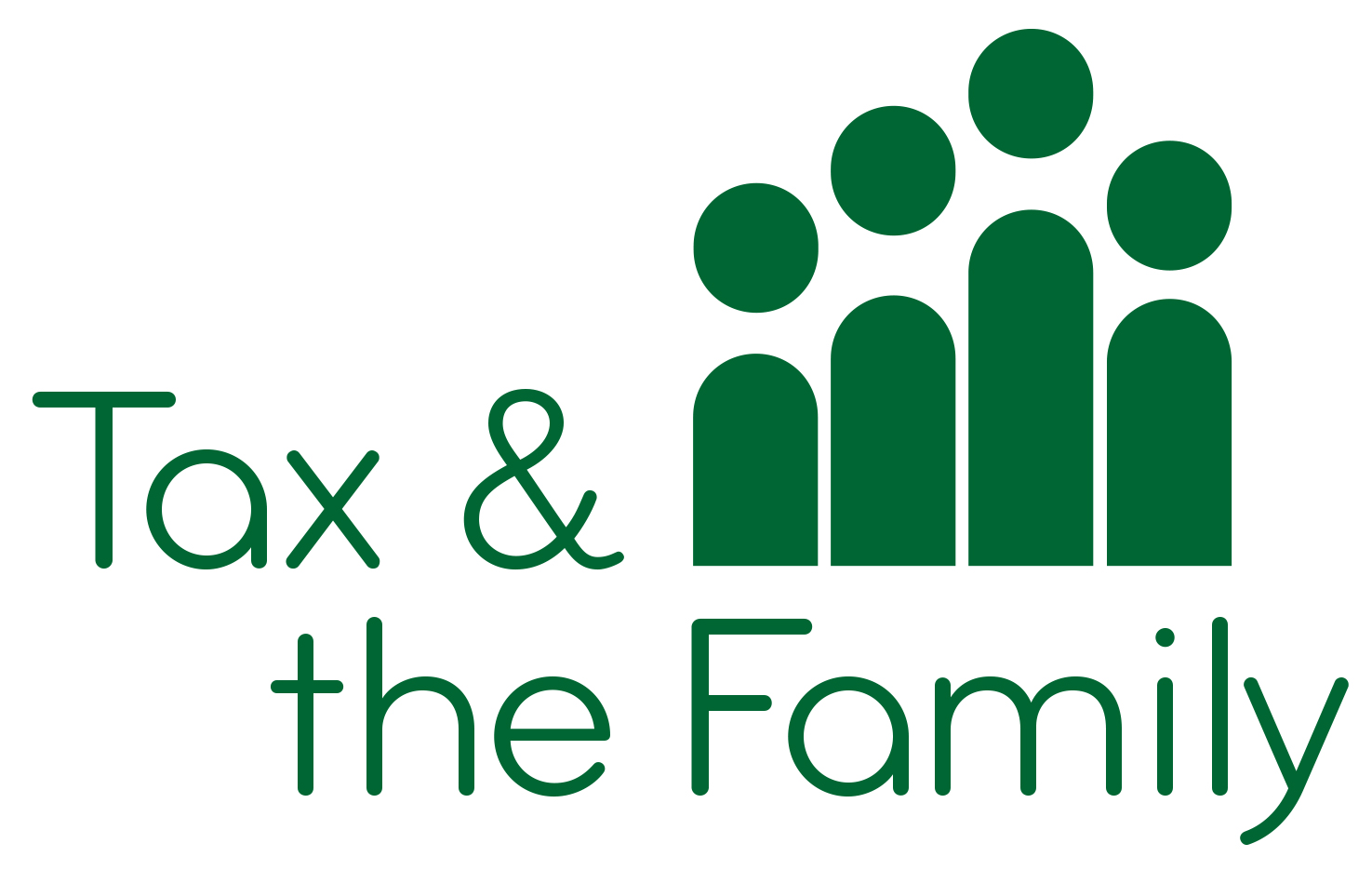International Comparisons 2014
This is CARE's ninth annual international review of the taxation of families. It compares both the tax burdens and effective marginal tax rates (EMTRs) of various household types in the UK with those of similar households in other developed countries in the calendar year 2014. It considers not only households with an ‘average wage’ but also those with incomes above and below this figure.
International comparisons for 2014 show that the tax burden on one-earner families on the average wage remains significantly greater than OECD and EU benchmarks.
At the OECD average wage for the UK of £35,633, the tax burden in 2014 was 17% greater than the OECD average on single parents with two children, and 25% greater on one-earner married couples with two children. The unfavourable position of these one-earner families results mainly from the fact that UK income tax does not take account of marriage or family responsibilities.
UK tax credits compensate low income families for the heavy income tax burden, such that their overall tax rate is low by international standards. However, the withdrawal of UK tax credits as incomes rise is largely responsible for high effective marginal tax rates (EMTRs) across a wide income range.
By contrast with the position of one-earner families, the tax burden on single people without family responsibilities is less than OECD and EU averages. For one-earner married couples with two children on an average wage, the tax burden is 79% of that of a single person compared with the OECD average of 59%. For single parents with two children on an average wage, the comparable gures are 79% and 63%.
It is possible to make international comparisons for two-earner couples at only two income points (133% and 167% of the OECD average wage). At these points the UK tax burden on couples without children and on couples with two children is less than the international averages.
Although the UK tax system is not more burdensome in general than the tax systems of other developed countries, its treatment of one-earner families on the average wage is clearly unfavourable by international standards.
The tax and benefit changes proposed for the current Parliament do not deal with the problems highlighted by this report and its predecessors. Families with incomes well below the average wage will continue to bear a much heavier tax burden than that borne by similar families in other developed countries. Although Universal Credit will reduce marginal rates for some families, others will see an increase. Even those who will see a reduction may still only keep less than 24p of every extra pound earned. Some families will nd that the marginal rate has fallen but the average rate has increased.
To deal with the injustices highlighted by the report, policy makers need to rethink the way families are taxed. High marginal rates result from the need to underpin the income tax system with a system of credits. Other countries avoid the need to do this by having income tax systems which take account of family responsibilities. The UK should do the same.
The new transferable allowance for married couples and civil partnerships (the"marriage allowance") is welcome, but the level at which it has been set makes it little more than a shadow of what is needed to bring the tax burden on UK one-earner families into line with that in other OECD and EU countries. A fully transferable allowance should be introduced for married couples with children as a rst step towards a comprehensive solution.
